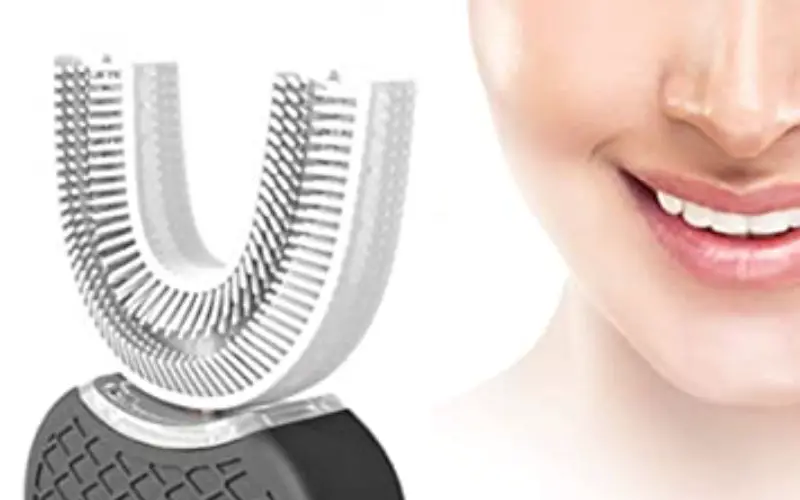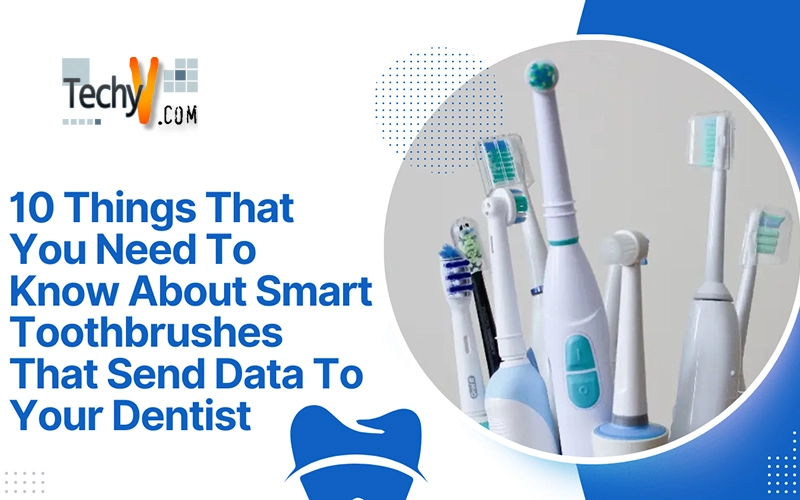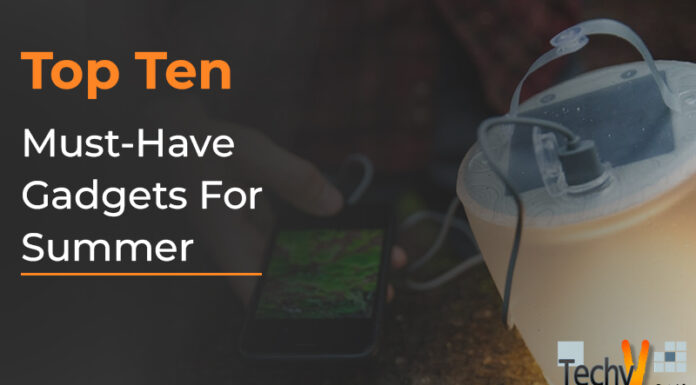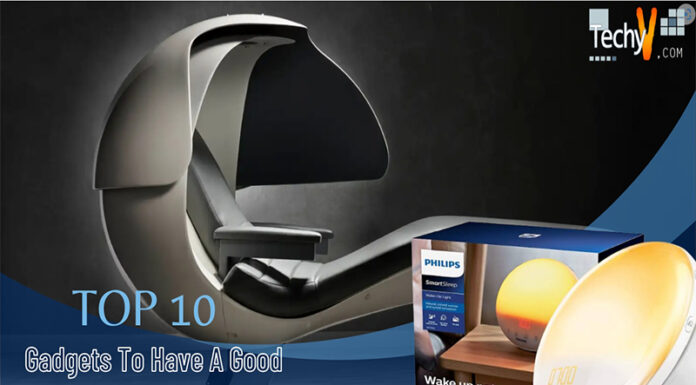Smart toothbrushes are an innovative technology that enables individuals to maintain optimal oral health by leveraging data-driven insights. These toothbrushes come with sensors and connectivity features that enable them to track brushing habits such as frequency, duration, and areas of the mouth cleaned. The data collected by the toothbrush can then be sent to your dentist, who can analyze it and create personalized oral health plans for you. By using a smart toothbrush, individuals can receive real-time feedback on their brushing technique and make improvements to prevent dental issues. These toothbrushes are becoming increasingly popular due to their ability to provide data-driven insights and personalized care.
1. What Are Smart Toothbrushes?
Smart toothbrushes are technologically advanced toothbrushes that come equipped with sensors and connectivity features. These features allow the toothbrush to track brushing habits, such as frequency, duration, and the areas of the mouth clean. The data collected by the toothbrush can then be sent to your dentist, who can use it to provide personalized oral health recommendations. Smart toothbrushes can also provide real-time feedback on brushing techniques, helping users to improve their brushing habits.
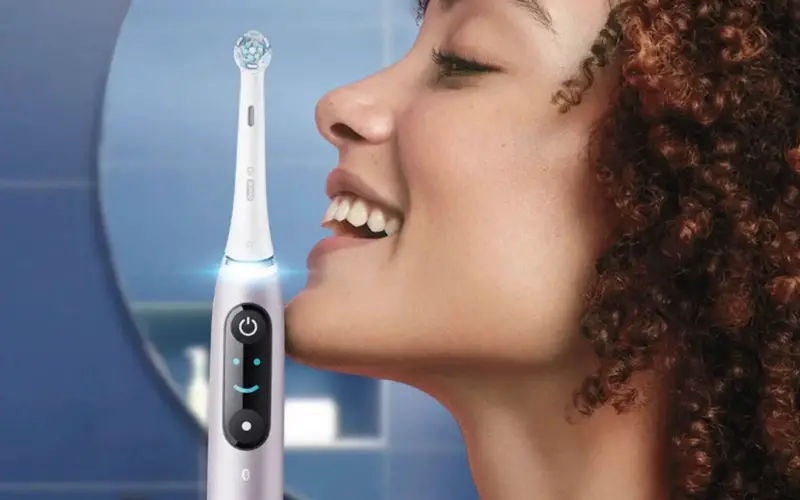
2. How Do Smart Toothbrushes Work?
Smart toothbrushes work by using sensors to detect the brushing habits of individuals. The sensors can track the frequency, duration, and areas of the mouth that are cleaned during brushing. The toothbrushes are connected to an app, which then receives the data and provides real-time feedback to the individual. This information can also be sent to a dentist, who can use it to create personalized oral health plans.
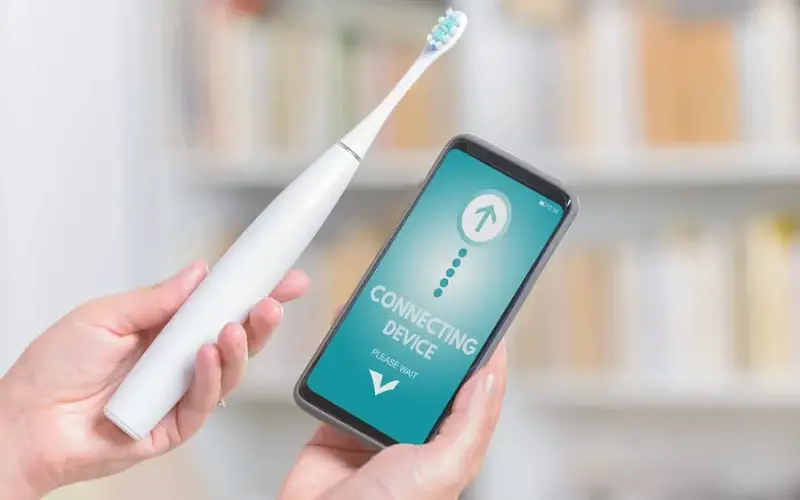
3. The Benefits Of Using Smart Toothbrushes
Smart toothbrushes offer numerous benefits over traditional toothbrushes, including real-time feedback, personalized oral health plans, and improved brushing habits. By using sensors and connectivity features, smart toothbrushes can track brushing habits and send data to dentists, allowing for personalized care. Additionally, smart toothbrushes can help individuals prevent dental issues by providing real-time feedback on their brushing technique and improving overall oral health.
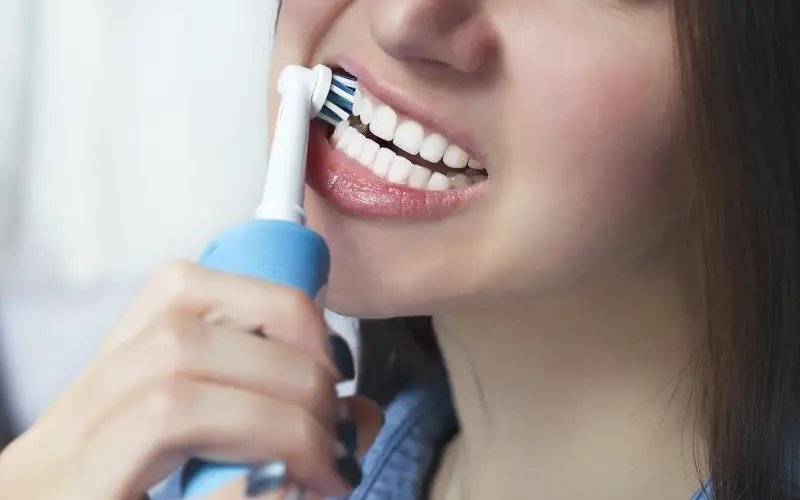
4. How Smart Toothbrushes Send Data To Your Dentist
Smart toothbrushes use Bluetooth or Wi-Fi connectivity to transfer data to a mobile app or cloud-based platform. The toothbrush sensors collect data on brushing habits, such as frequency, duration, and areas of the mouth cleaned, which is then sent to the mobile app or cloud platform. The dentist can then access the data remotely to create personalized oral health plans for their patients, helping to prevent dental issues and promote optimal oral health.
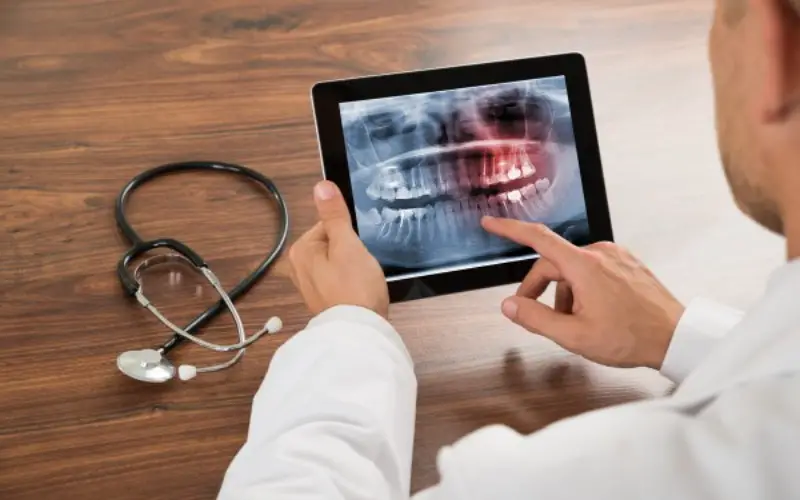
5. The Importance Of Personalized Oral Health Plans
Personalized oral health plans are essential for maintaining good dental health. These plans take into account an individual’s unique oral health needs and develop a strategy that is tailored to their specific circumstances. By creating a customized plan, individuals can better prevent dental issues, treat existing conditions, and improve overall oral health. Personalized oral health plans are particularly important for those with pre-existing conditions, such as gum disease or tooth decay, as they can help to manage and prevent further complications.
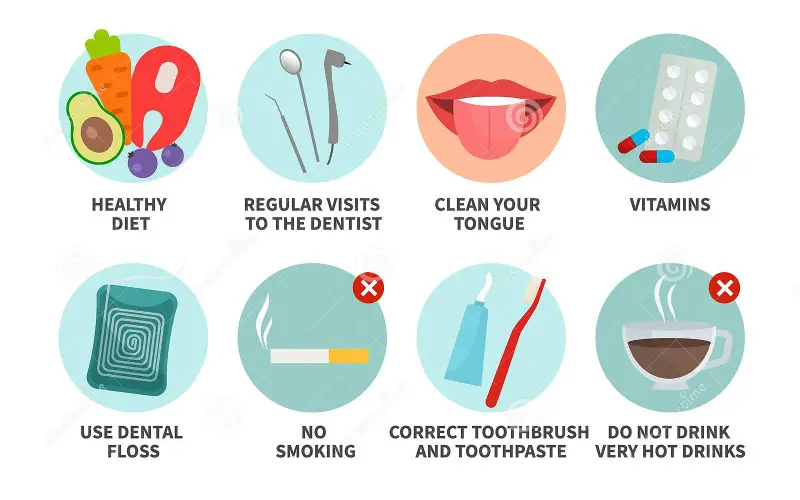
6. The Role Of Real-time Feedback In Improving Oral Health
Real-time feedback plays a critical role in improving oral health by enabling individuals to make adjustments to their oral care routine as needed. With technology like smart toothbrushes, individuals can receive immediate feedback on their brushing technique, which can help prevent dental issues. This real-time feedback can also help individuals stay motivated and engaged in their oral care routine, ultimately leading to better oral health outcomes. In addition, real-time feedback can also be useful for dental professionals in identifying areas where patients may need additional guidance or treatment. By analyzing the data collected from smart toothbrushes, dentists can provide personalized recommendations and interventions.

7. The Potential Cost Savings Of Using Smart Toothbrushes
The use of smart toothbrushes has the potential to lead to significant cost savings in dental care. By tracking brushing habits and providing real-time feedback, these toothbrushes can help individuals prevent dental issues before they become more serious and costly to treat. Additionally, by sending data to dentists, smart toothbrushes can aid in the early detection and treatment of dental problems, potentially saving patients from more expensive and invasive procedures down the line. Overall, the use of smart toothbrushes has the potential to be a cost-effective investment in maintaining good oral health.
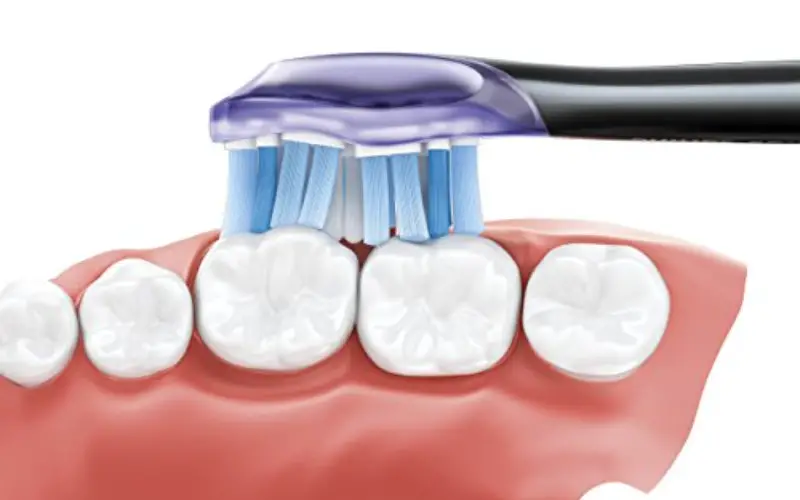
8. Security And Privacy Concerns With Smart Toothbrushes
While smart toothbrushes offer several benefits, they also raise security and privacy concerns. These toothbrushes collect and transmit sensitive data about an individual’s brushing habits, which could be vulnerable to cyber attacks or data breaches. Additionally, individuals may be hesitant to share such personal information with their dentists or third-party providers. Manufacturers need to ensure that these devices are secure and transparent in their data collection and usage to alleviate concerns about privacy and security. It is important for manufacturers to implement strong security measures, such as encryption and two-factor authentication, to protect the data collected by smart toothbrushes. They should also provide clear information about what data is being collected and how it will be used to build trust with consumers.
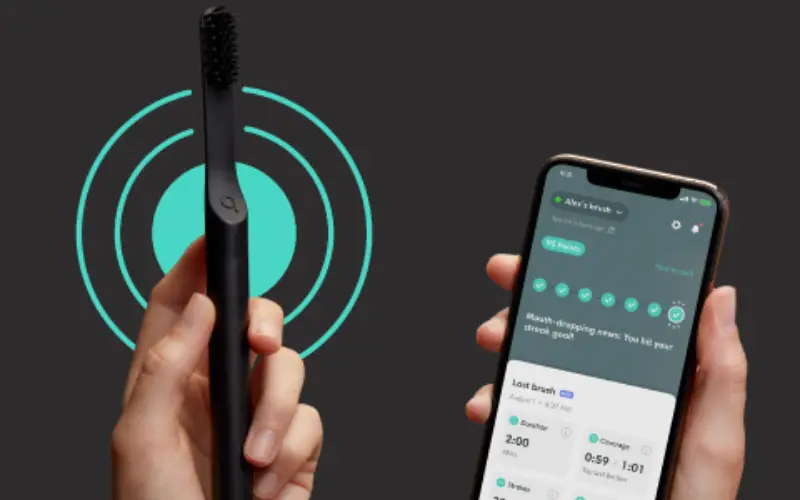
9. Popular Brands Of Smart Toothbrushes
There are several popular brands of smart toothbrushes available in the market. Some of the most well-known brands include Philips Sonicare, Oral-B, Colgate, Goby, and Quip. These toothbrushes offer features such as Bluetooth connectivity, real-time feedback, pressure sensors, and personalized brushing plans. With the growing popularity of smart toothbrushes, there are also several newer brands such as BURST, Kipozi, and Y-Brush that offer unique features such as sonic vibrations, 360-degree cleaning, and AI technology.
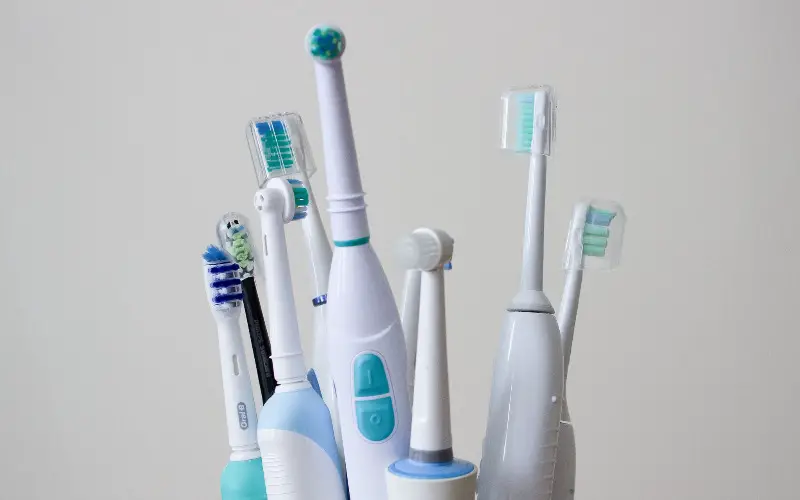
10. The Future Of Smart Toothbrush Technology
The future of smart toothbrush technology looks promising, with advancements in AI, machine learning, and IoT. Toothbrushes could analyze saliva and even detect diseases. They could also become more affordable and accessible, leading to improved oral health worldwide. Furthermore, toothbrushes could incorporate gamification to make brushing more engaging for users.
